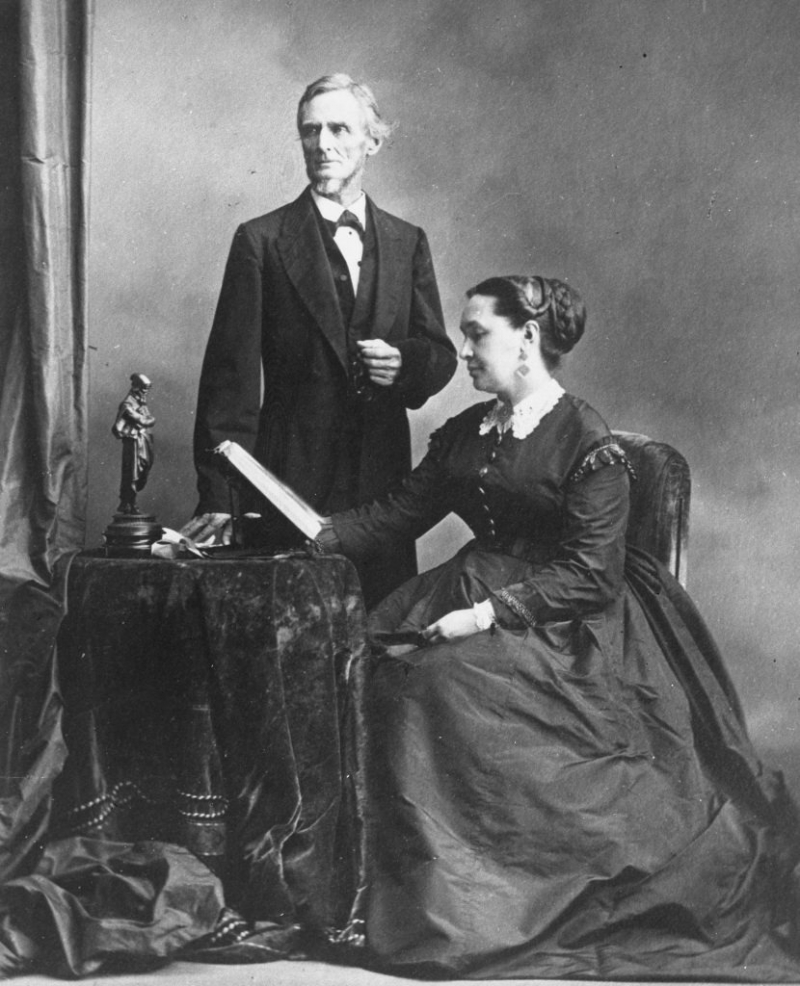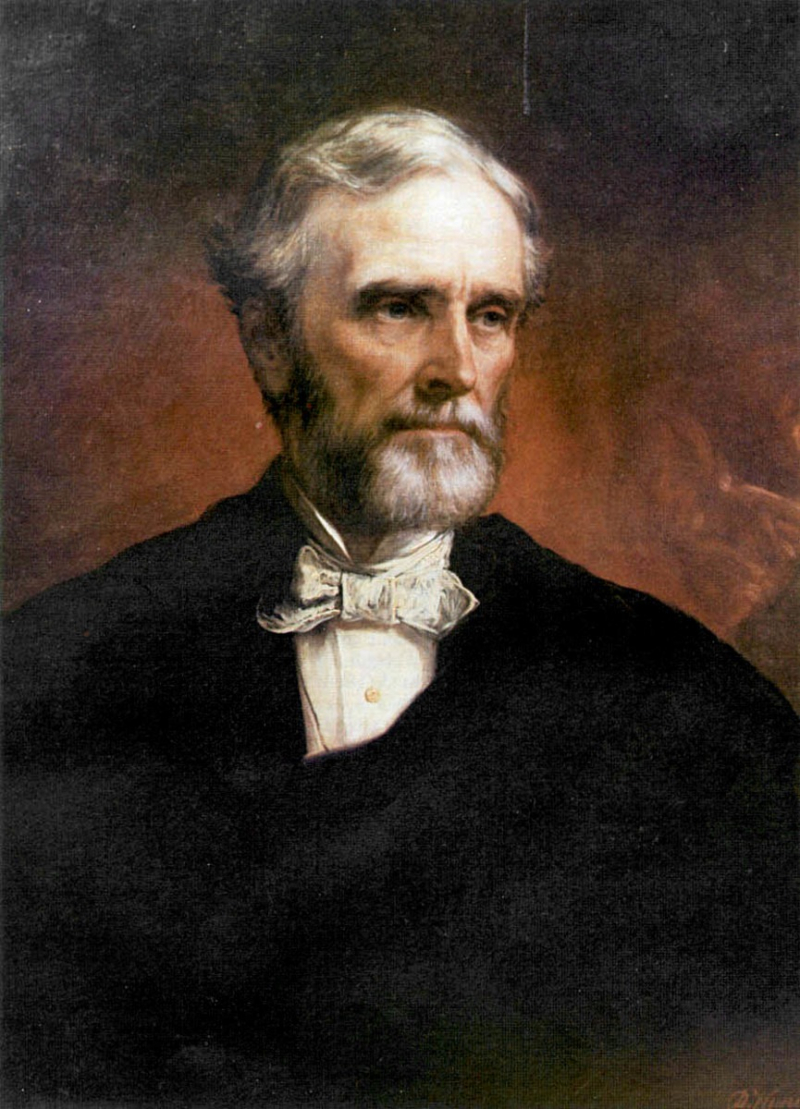He was a man without a country for over a century
Following his release from prison and pardon, Jefferson Davis continued to experience financial hardships and an uneasy family dynamic. Jefferson Davis Jr. passed away in 1878, his son William Howell Davis in 1872, and his older brother Joseph passed away in 1870.
For a while, his wife Varina refused to live with him in Memphis, Tennessee because she was either ill or away. Davis disliked having to rely on charity and would only take employment that were appropriate for his previous roles as a U.S. Senator and Confederate President; several of the jobs he took turned out to be financial failures.
Jefferson Davis was specifically left out of an 1876 amnesty bill that gave back citizenship to Confederate leaders, and the former president of the Confederacy did not contest the ruling: "“It has been said that I should apply to the United States for a pardon. But repentance must precede the right of pardon, and I have not repented,” Davis told the Mississippi Legislature in 1884, before adding, “If it were all to do over again, I would again do just as I did in 1861.” For more than a century, Davis was a man without a nation, but on October 17, 1978, President Jimmy Carter signed a law that gave Davis his American citizenship back.











